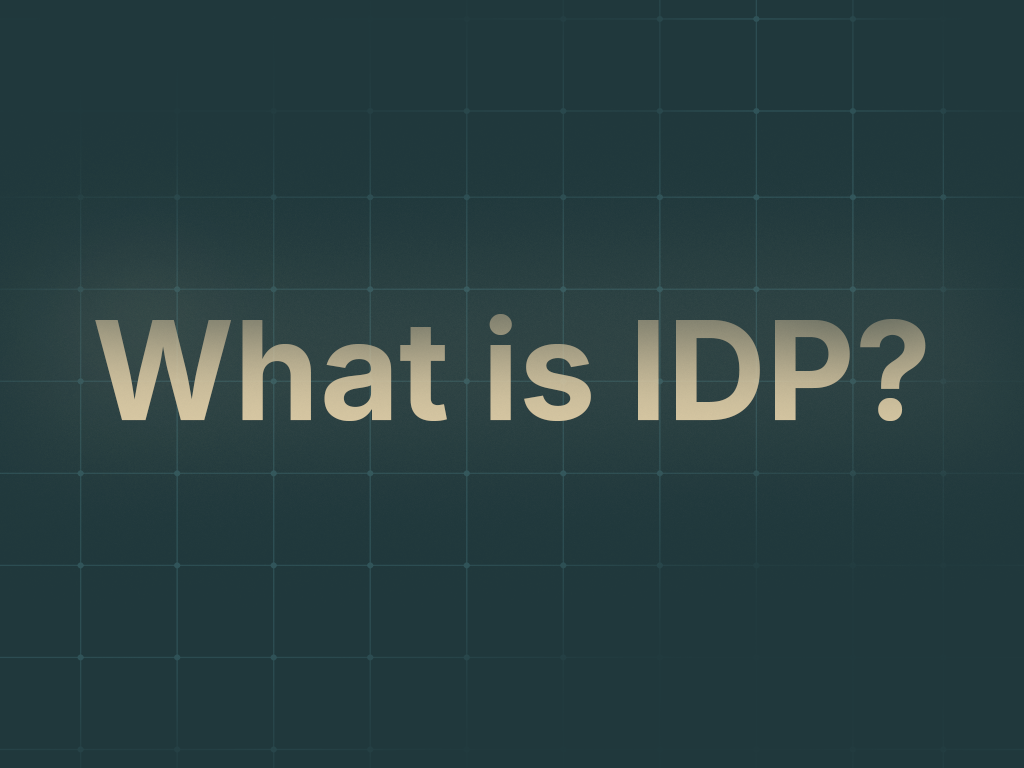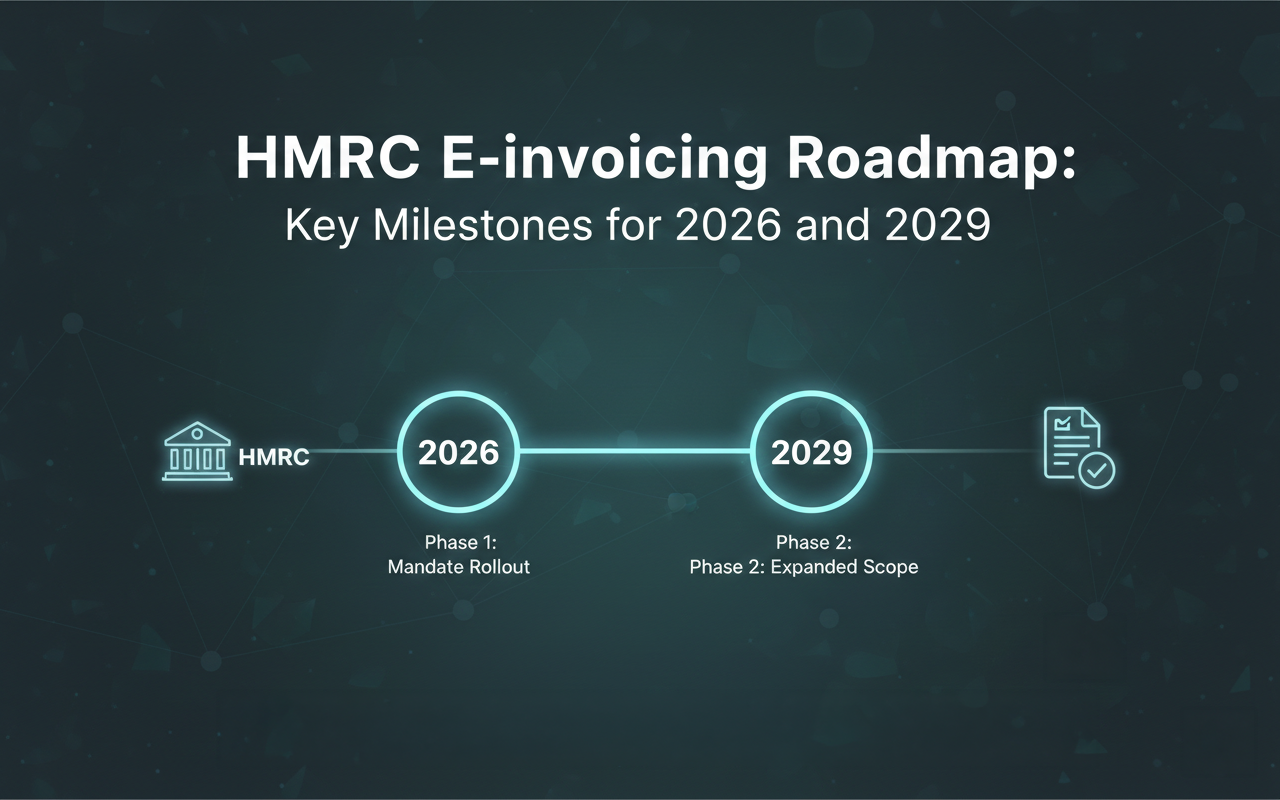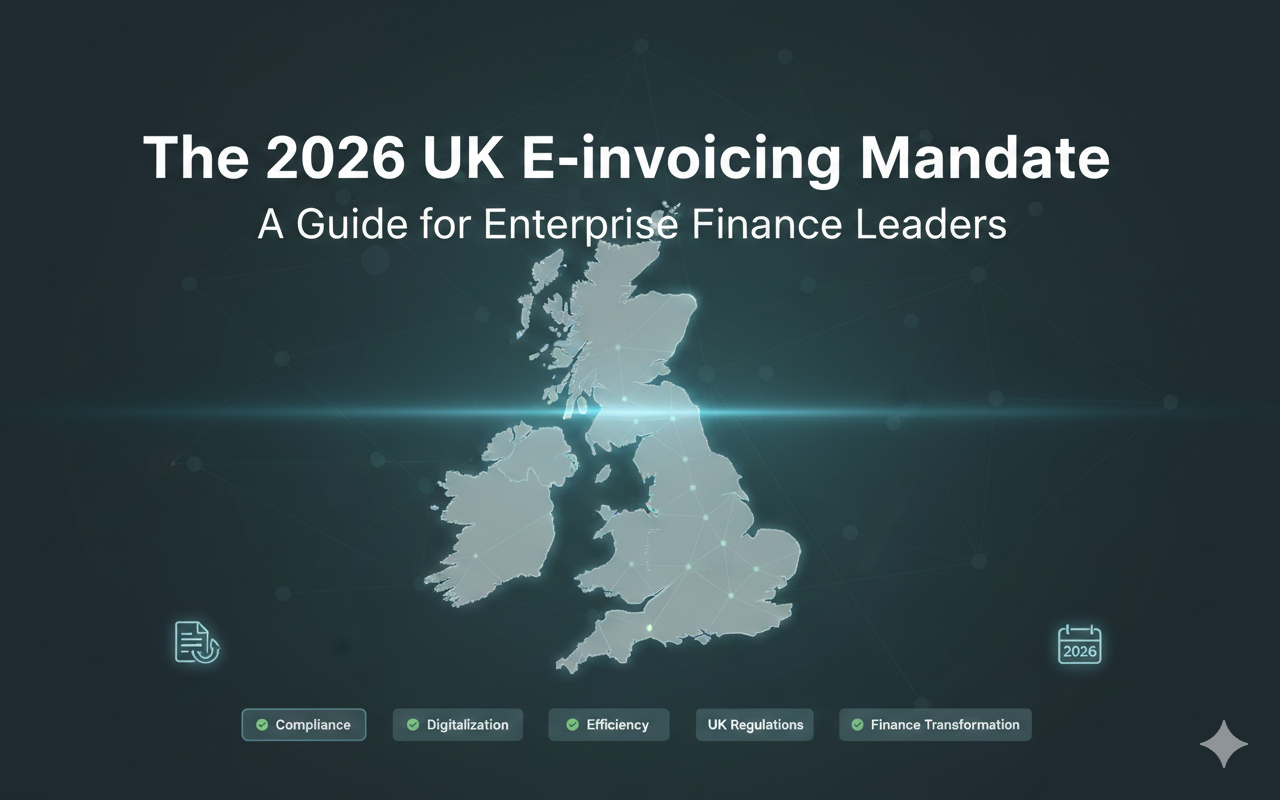
What Is Intelligent Document Processing (IDP)? A 2025 Guide for Finance & Accounting Teams
Discover how Intelligent Document Processing (IDP) uses AI to extract and structure data from invoices, orders, and business documents. Learn how it works—and how ECIT Digital fits in.
Introduction
Manual document handling is a bottleneck for finance and accounting teams. Whether it's invoices, purchase orders, or contracts, the repetitive task of capturing and transferring data wastes time and invites costly errors. That’s where Intelligent Document Processing (IDP) comes in.
In this 2025 guide, we explain what IDP is, how it works, and why it’s revolutionizing financial operations. We'll also show how platforms like ECIT Digital help automate document workflows using AI.
What Is Intelligent Document Processing?
Intelligent Document Processing (IDP) is the use of artificial intelligence to automatically classify, extract, and structure data from unstructured or semi-structured documents. Unlike traditional OCR (optical character recognition), IDP uses machine learning and natural language processing (NLP) to understand context and improve accuracy over time.
IDP goes beyond simple text recognition. It can:
- Identify document types (e.g., invoice, sales order)
- Extract key fields (e.g., invoice number, due date, line items)
- Validate data against business rules
- Integrate seamlessly into existing systems
How Intelligent Document Processing Works
Here’s a simplified breakdown of the IDP workflow:
- Document Ingestion
- Accepts documents from email, scanners, PDFs, or ERP exports.
- Classification
- Detects the type of document: invoice, purchase order, contract, etc.
- Data Extraction
- Uses AI to extract key information: totals, dates, references, suppliers.
- Validation
- Applies rules to ensure data accuracy (e.g., matching invoice totals to PO values).
- Integration
- Sends structured data to ERP, accounting systems, or databases.
Platforms like ECIT Digital automate this full process, reducing manual effort to near zero.
IDP vs Traditional OCR: What's the Difference?
| Feature | OCR | Intelligent Document Processing (IDP) |
|---|---|---|
| Text recognition | Yes | Yes |
| Document classification | No | Yes |
| Contextual understanding | No | Yes |
| Learns over time | No | Yes |
| Handles multiple layouts | Limited | Advanced |
| End-to-end automation | No | Yes |
Use Cases in Finance & Accounting
Finance and accounting teams benefit from IDP in a range of high-volume processes:
- Invoice Processing: Extract and validate line-item data, totals, and vendor info automatically.
- Purchase Order Matching: Match invoice data with POs to flag mismatches.
- Accounts Payable (AP) Automation: Streamline approvals and payments.
- ERP Integration: Sync structured data directly with ERP platforms like Visma, Tripletex, or PowerOffice.
-
Benefits of Intelligent Document Processing
- Faster Processing: Cut document handling times by up to 80%
- Higher Accuracy: Reduce errors caused by manual data entry
- Scalability: Handle more documents without adding headcount
- Compliance & Traceability: Automated audit trails and rule-based validation
- Employee Satisfaction: Free staff from repetitive tasks to focus on analysis and decision-making
Choosing the Right IDP Platform
Not all IDP tools are created equal. Here’s what to look for:
- Pre-trained AI for invoices and financial documents
- Support for local formats (e.g., Scandinavian invoice layouts)
- ERP integrations and flexible APIs
- Human-in-the-loop review workflows
- Strong customer support and onboarding
ECIT Digital combines all of the above, offering a powerful IDP engine built specifically for accounting firms, ERP providers, and finance teams across Europe.
Conclusion
Intelligent Document Processing is transforming how businesses manage documents in 2025. It replaces manual effort with AI-driven automation—saving time, increasing accuracy, and enabling scale.
If you're still manually entering data from invoices or orders, it's time to explore a smarter solution.
Written by
Date
Category
Book free live demo
Learn how the ECIT Digital solutions can help you with the help from one of our experts.


Frequently asked questions
Relevant articles

HMRC E-invoicing Roadmap: Key Milestones for 2026 and 2029

